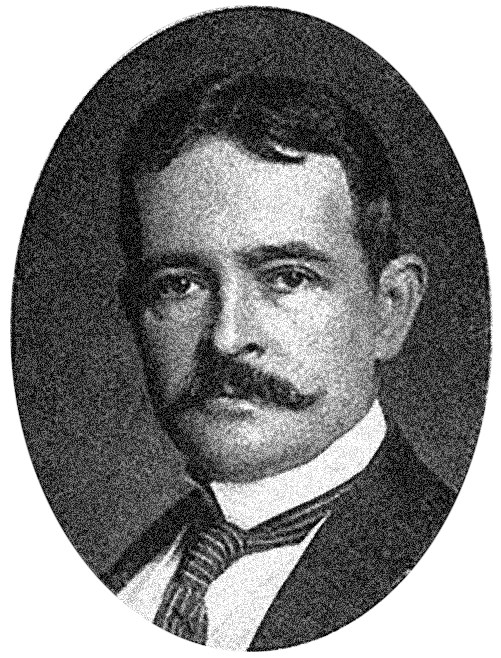Dear Abbe: Sensing friction with my attending

EDITOR'S NOTE: "Dear Abbe" – named in honor of plastic surgery pioneer Robert Abbe, MD – provides plastic surgery residents an opportunity to anonymously share concerns and seek advice from a highly respected, senior-level faculty member. Christian Vercler, MD, a clinical associate professor in the Section of Plastic Surgery at the University of Michigan – where he also serves as co-chief of the Clinical Ethics Service of the Center for Bioethics and Social Sciences – steps into Dr. Abbe's shoes for this installment. The views expressed in this column are those of the author and should not be considered legal advice. Residents and Fellows are encouraged to submit questions to DearAbbe@PlasticSurgery.org. Names will be withheld.
Dear Abbe:
I don't seem to be getting along with the attending with whom I work. This individual has made negative comments about me, related to both the work I do and my personal life. However, this person seems to be the only one that has a problem with my performance, as the other attendings at my program have all been complimentary of my work and have not made any complaints. I really enjoy my job, but I worry about what the continued friction between this individual and myself could cause. Is there anything I can do?
– Troubled in training
Dear Troubled:
This question warrants advice on two levels. The first is how you conceptualize the interaction – the framework with which you interpret life – and the second focuses on the actions you should take.
First, refrain from feeling "victimized" by this attending. It is statistically unlikely that you will get along with everyone, so resetting your expectations may be in order. Try to figure out what you can learn from this attending. Negative comments about your performance are inevitable within a training program, so search yourself to see if this person is shining a light on some aspect that you could improve. If the answer you find is, "There is nothing I could do to improve," my advice would be to keep searching. We are often blind to our own weaknesses and surrounding ourselves with people who only give us affirmation does little to identify our shortcomings. Does the plethora of compliments you receive from other attendings help you achieve your goals as a trainee? What are your goals as a trainee? Is it to get through life as frictionless as possible? Or is it to train to be the best possible surgeon you can be, to achieve more than you ever thought you could and to provide the best possible care to your patients? We now know that negative comments are not the most effective way to improve the performance of a trainee, but this nevertheless is a form of feedback that you can use to achieve your goals of personal betterment.
Secondly, you should address the situation head on. Ask to speak to the attending and communicate the dissonance you perceive between your performance and the feedback that you are receiving. Maybe this person does not realize that the comments are coming across as overly negative, and perhaps they're borne of an "old school" demeanor that never pays compliments to trainees. I had an attending who was uncharacteristically nice to a junior resident who had decided to drop out and become a psychiatrist – all the while berating me for my incompetence day after day. When I asked him point-blank about this unfairness, he responded, "He will never be one of us. Why would I waste my time trying to make him better? I need to make sure you know what you are doing." Knowing that his goal was aligned with my own goal of becoming a safe and competent surgeon significantly buoyed my spirits.
If this attending is unfairly targeting you in a truly malicious or mean-spirited way, then you should not only speak up to him or her, but also report it to your program director. If the negative comments are related to immutable attributes (race, sex, gender, religious affiliation, etc.), that needs to be reported to your residency program director immediately, as there are laws against discrimination. Alerting your program director about your concerns is important if indeed this attending does indeed "have it out for you." Your PD carefully documents these things and that can help you in the long run if things take a turn for the worse.
You used the term "job" when referring to residency. The late Paul Kalinithi wrote in his book When Breath Becomes Air that surgery is a calling, not a job. "You can't see it as a job, because if it is a job, it's one of the worst jobs there is." Plastic surgery is one of the most rewarding professions there is, and we are all lucky to be able to do it. There will always be people with whom we have conflict, but hopefully you can find the satisfaction from the practice of our specialty energizing enough to equip you to soldier on in the face of adversity.